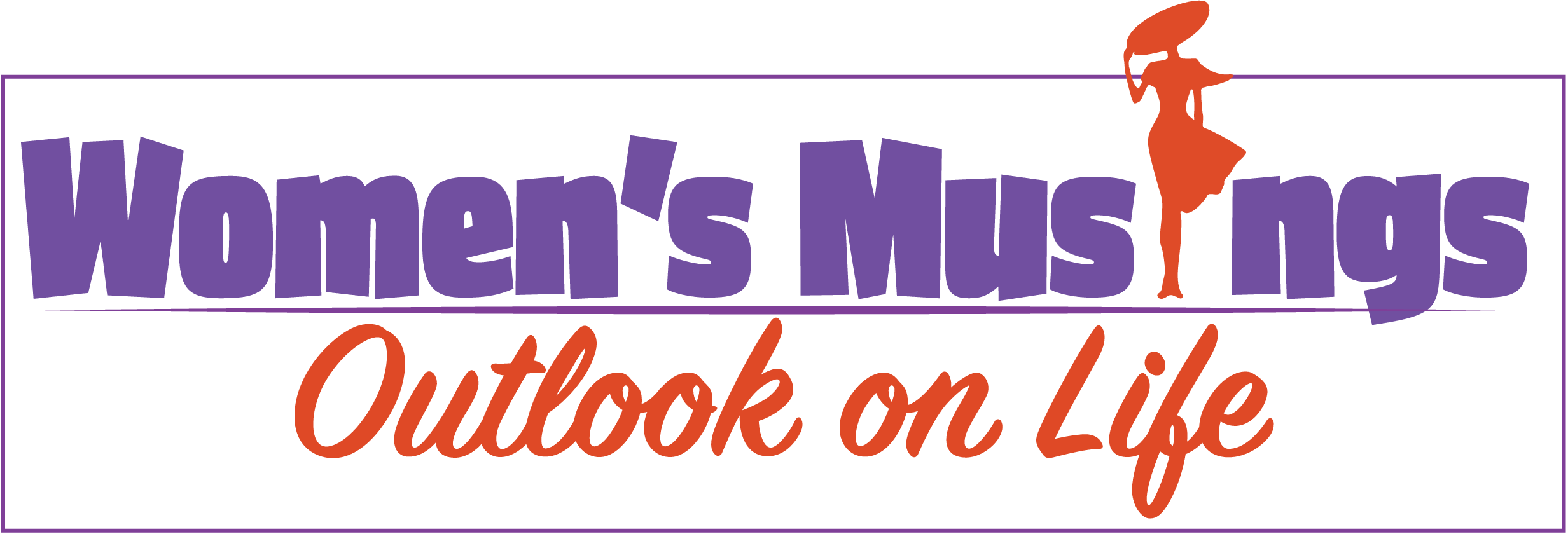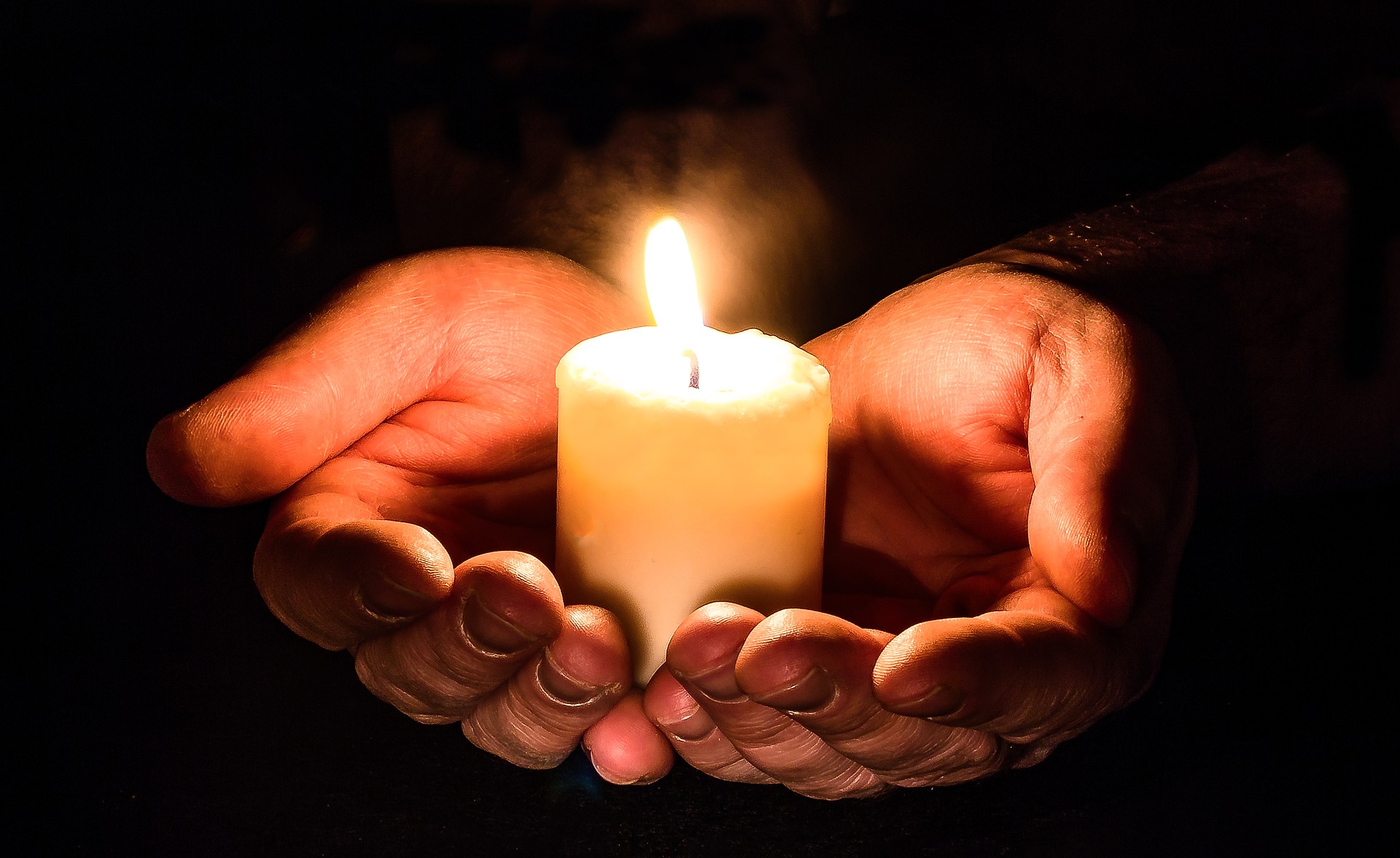On the COVID-19 Anniversary
Let’s talk about the COVID-19 anniversary. Yahrzeit is the Yiddish word for “a year’s time” and is used only in reference to the death of a human being, not a birthday, wedding or specific event. Each year, as with all Jewish events, a candle is lit the evening before the day of the person’s death. This is different from other candles as it burns for 24 hours. COVID may surround our lives for 24 months.
When I asked why the death rather than the birth is celebrated, I was given this explanation: When a baby is born, it has not accomplished anything, not even really lived. Whereas on the death, the person’s whole life is reflected upon and thought about.
So when is the one-year anniversary of the COVID-19 pandemic? November 17, 2019, when health officials in China detected the first known case? January 21, 2020, the U.S.’s recorded first case? January 31, the World Health Organization declared a Global Health Emergency? Or February 3, the date of the first U.S. death?
And yet most people think of it as March 11, 2020 the beginning of the lockdown. But whose? New York City’s? There was no federal mandate. Was it a small town in the middle of nowhere, on a reservation?
But like the famous quote “I know it when I see it,” we all know it’s been a hell of a time, when it raced around the world or touched us personally. There is no President Kennedy’s assassination or Capitol insurrection hour when you heard the news. Ironically, there is no definitive iconic photo like the World Trade Towers collapsing, or day, Pearl Harbor Day, December 7, 1941, ”a day that will live in infamy” or a sailor kissing a nurse to end WWII that we will have when it is over. But beginning, middle or end, COVID-19 will be the signature bookends of many people’s lives.
How could something so small it can only be seen under a microscope cause such havoc? With all our wealth, knowledge, scientific superiority, how could we have been so unprepared? With head in the sand, can we ever again believe “it can’t happen here” or it can’t happen again? I’m too old, so it won’t be in my lifetime. But the brilliance of science keeps extending life’s expectancy (except for this year when it went down) so for the rest, be on guard.
Read more by Ada Mark Strausberg.

